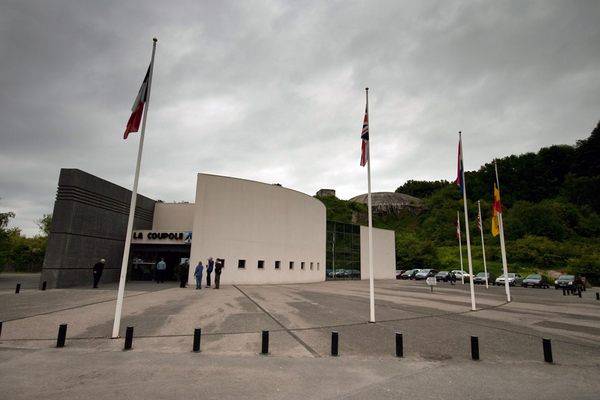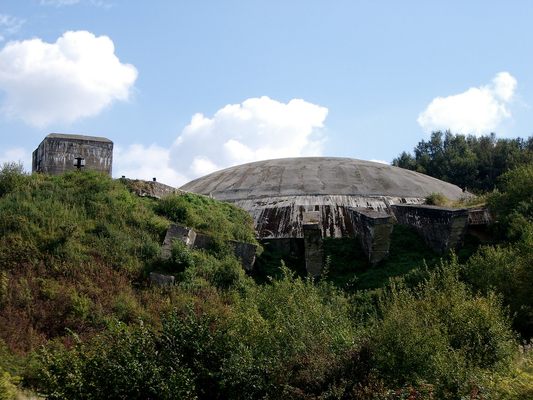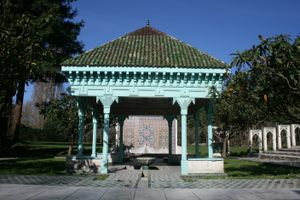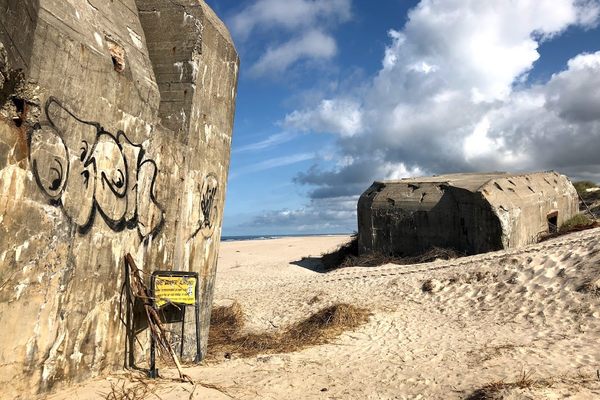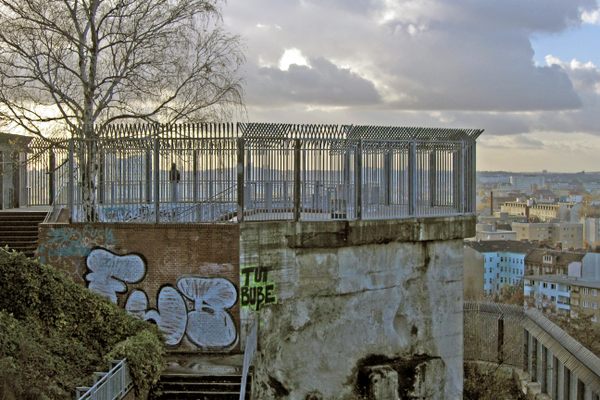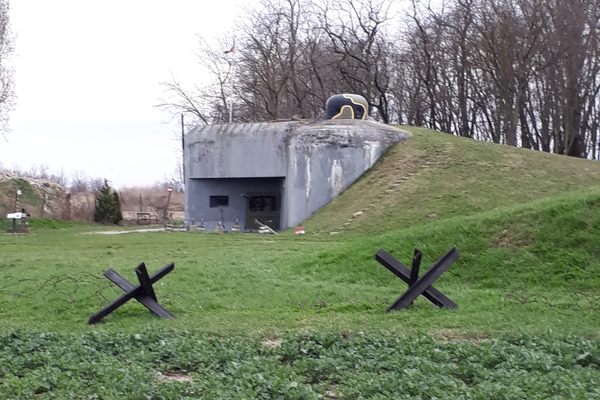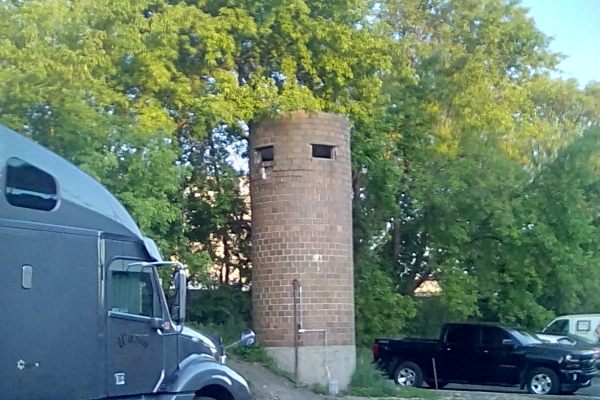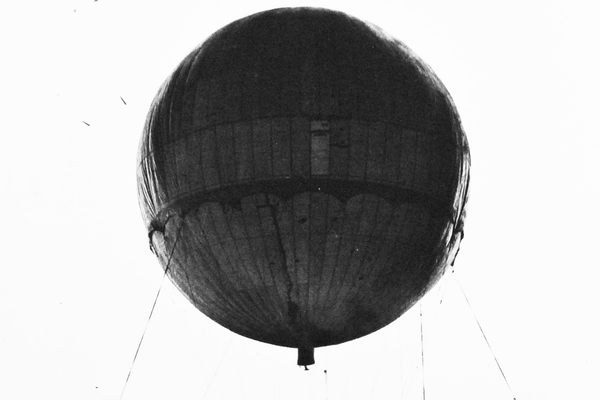About
A one million ton concrete dome constructed on the side of a chalk quarry with underground storage for the rockets, fuel supply, a liquid oxygen production facility, electricity generators and housing for the garrison. This is La Coupole, a massive remnant of World War II located five kilometers from Saint-Omer in France.
La Coupole was built between 1943 and 1944 by Nazi German forces in France. It was meant to serve as a launch base for V-2 rockets directed against London and southern England, and is the earliest known precursor to modern underground missile silos.
There were paths leading from outside, through rocket height doors into the interior assembly area. Inside, the rockets could be serviced and assembled safely, shielded from Allied bombing by the massive dome and and a chalk hill. V-2 rockets were mass-produced by people deported from the Dora concentration camp in the underground factory known as Mittelwerk.
A small railway supply tunnel would lead to all of the underground workings and a large octagonal chamber over 100 feet under the dome. The octagonal chamber has a diameter of 41 meters. The height to the underside of the dome is 24 meters. Seven stories high for fueling and preparation of the rockets. When ready to fire, the rockets would be rolled down the giant tunnels, Gustav and Gretchen, through the five-foot-thick solid steel exterior doors and launched.
On July 17, 1944 an attack was carried out by Allied Royal Air Force bombers with what was then new six-ton "Earthquake" Tallboy bombs. Although the dome remained intact, the RAF bombers dropped their bombs all around the dome. Three exploded next to the tunnels, one burst just under the dome, and another burst in the mouth of one tunnel. The whole hillside collapsed, undermining the dome support, and covering up the two rocket vertical entry ways. The resulting damage led to the site being abandoned.
The bunker remained empty and unused until the mid-1990s. In 1997 it opened to the public as a museum. Exhibits tell the story of the German occupation of France during World War II, the V-weapons, and the history of space exploration.
Related Tags
Published
March 30, 2021




